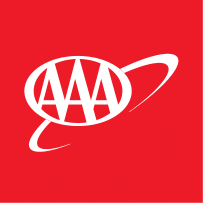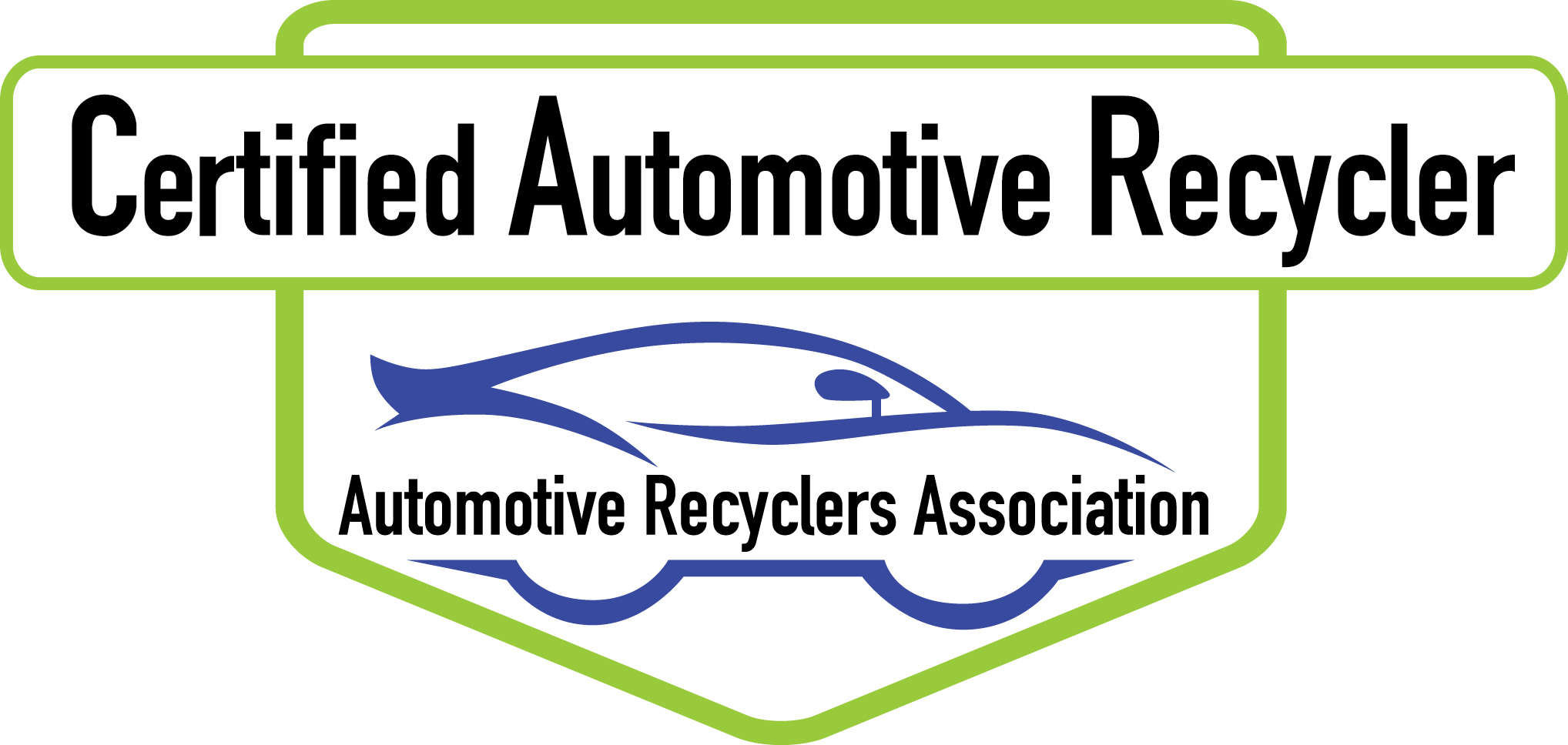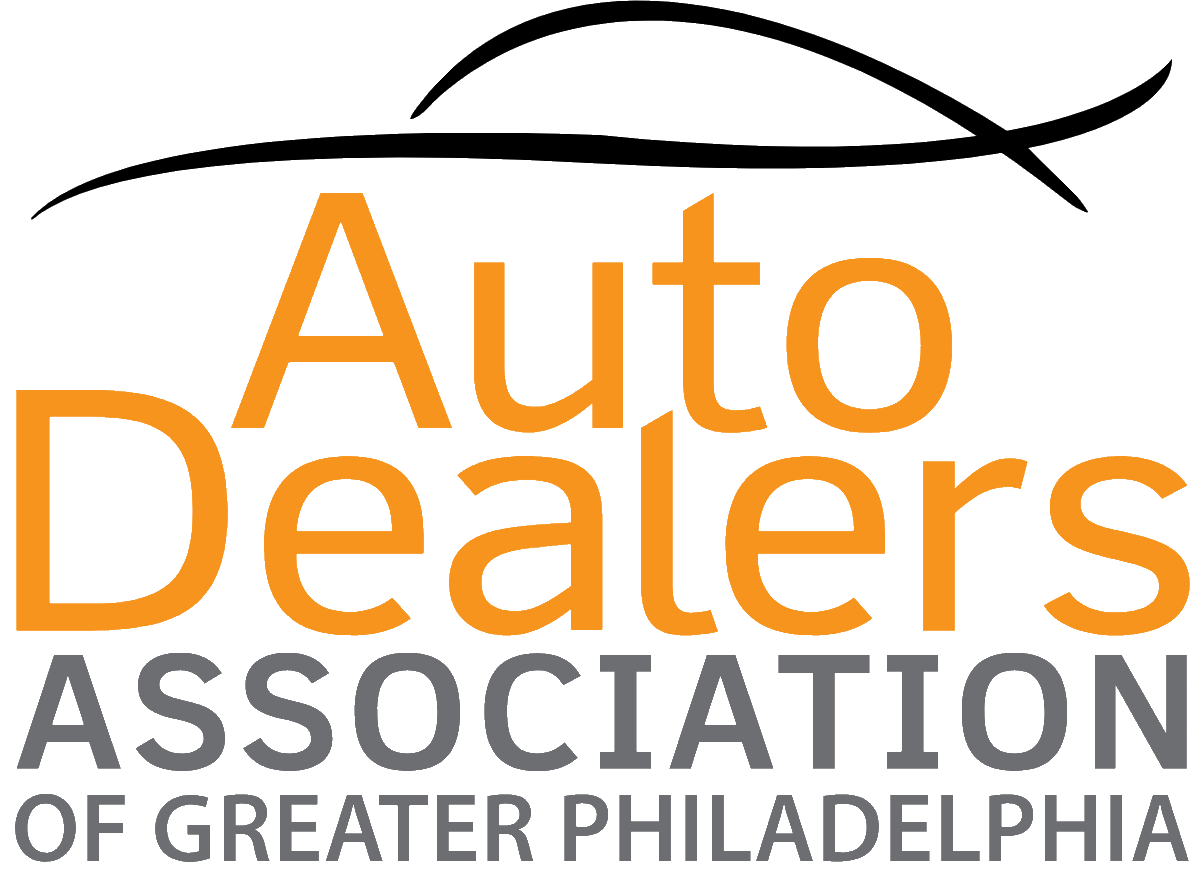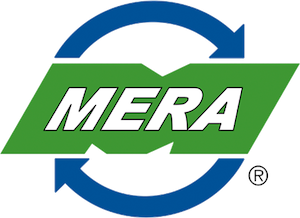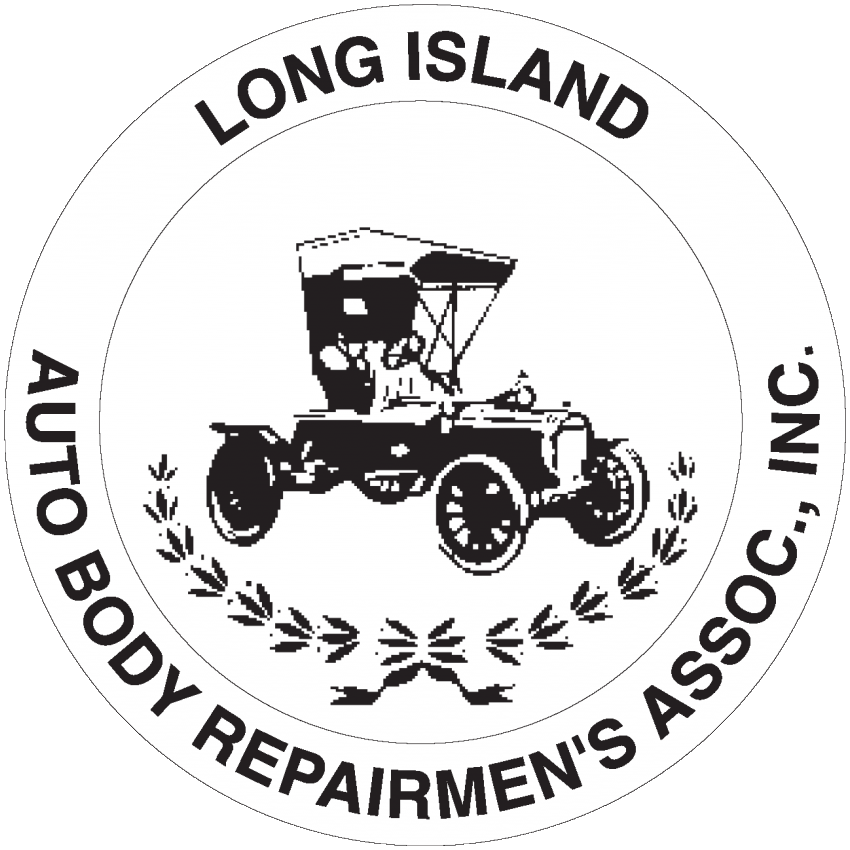Helpful Tips to Extend Your Engine’s Lifespan
Engines are one of the most expensive parts to replace in a vehicle. Engine failure can happen because of a design flaw or leak, however, they can also fail if not properly maintained. There are ways you can extend your engine’s life, which will save you from costly engine repairs & putting a dent in your wallet from the cost at the auto repair shop.
By following the recommendations below, your vehicle’s engine will go a long way. These are easy steps to follow; however, they can be easily ignored or forgotten. See what you can do to prolong your engine to avoid a breakdown on the highway, replace your vehicle, or spend a lot on a replacement engine.
Maintenance is Key
This is the MOST important way to ensure your engine will last well past the 100K mark. Regular maintenance is integral for extending your vehicle’s lifespan. Make sure you follow the recommended maintenance guidelines on your driver’s manual. Your manual will give you the recommended fluid types (oil, coolant, transmission fluid, etc) to use and provide a scheduled maintenance guide so the dreaded check engine light doesn’t appear. Maintenance also extends to air filter replacements since a dirty filter can cause your engine to lose power and force it to work harder.
Even though maintenance is costly in the short term, following the guidelines will help you avoid costly repairs down the line. Just make sure you stay on top of maintenance.
Don’t Be a Lead Foot
Driving within the speed limit can be beneficial to your car. By staying at the speed limit, your engine won’t have to work as hard. Stepping on the gas will not only get your vehicle to your destination faster, but it can also send it to the repair shop much quicker. Speeding increases your engine’s wear and tear and trips to the gas pump. The constant gear shifting will certainly accelerate the wear and tear in your engine.
Smooth Acceleration
Like speeding, sudden starts, and stops can send your car, truck, van, or SUV to the shop. Your vehicle has to work harder to maintain the same by constantly accelerating and decelerating. It’s best to change your driving habits by accelerating at a slower, but smoother pace and easing up on the slowdowns ahead. This will reduce the damage to your engine, wear on brakes, and most importantly, keep you safe on the road.
Drive Light
Know your vehicle’s tow capacity and read your driver’s manual. Bigger vehicles are designed to pull heavier loads, while smaller SUVs, trucks, and cars are rated to carry lighter loads. By pulling heavier weight, particularly loads above your vehicle’s max limit can create bigger problems for your engine. Towing larger items will increase engine stress leading to potential engine malfunction.
It’s recommended to keep your vehicle as light as possible which reduces engine strain. That means clearing the heavy boxes and equipment that have been sitting in your back seat or trunk for months or years. You’ll notice the acceleration will be much easier and your gas mileage improves.
Rest Your Vehicle While Waiting
You’re probably aware idling in a parking lot or your driveway isn’t the best idea. In the short-term or in traffic, it’s better to leave your engine running but if it’s for more than 10 minutes you should turn off your engine. Idling for an extensive period can cause your engine to overheat and burn gas faster. Doing this often can contribute to mechanical failures or unexpected engine issues.
When you follow everything above, your engine may surprisingly last much longer than its expected lifespan. If your engine is still experiencing issues, you can find one on our website. We carry engines for all makes and models, including Ford F-150 (3.3L Ti-VCT V6), Silverado 1500 (5.3L V-8), RAM 1500 (3.6L V6), Hyundai Sonata (2.4L 4 Cylinder) and Kia Soul (2.0L I-4, GDI).


